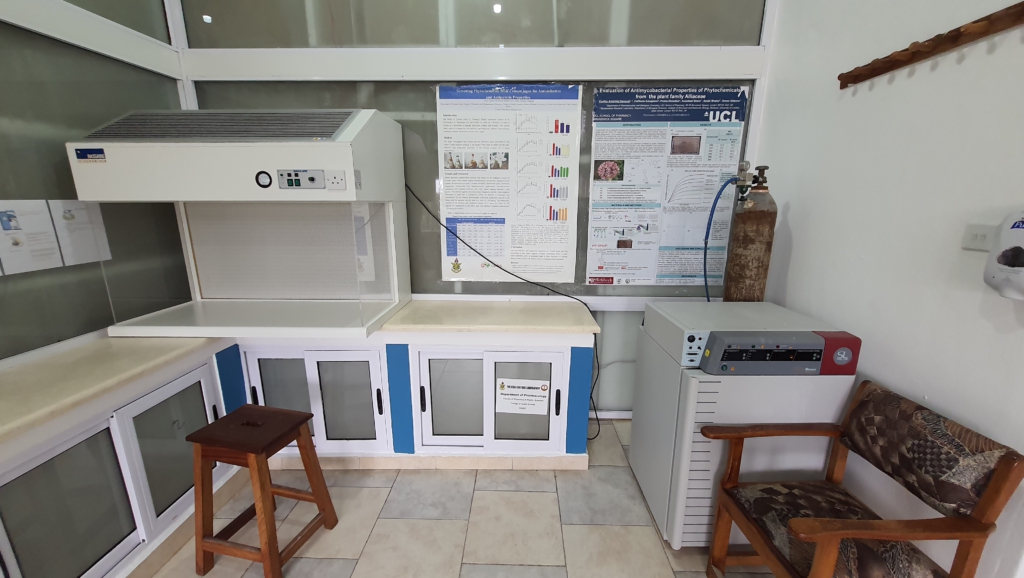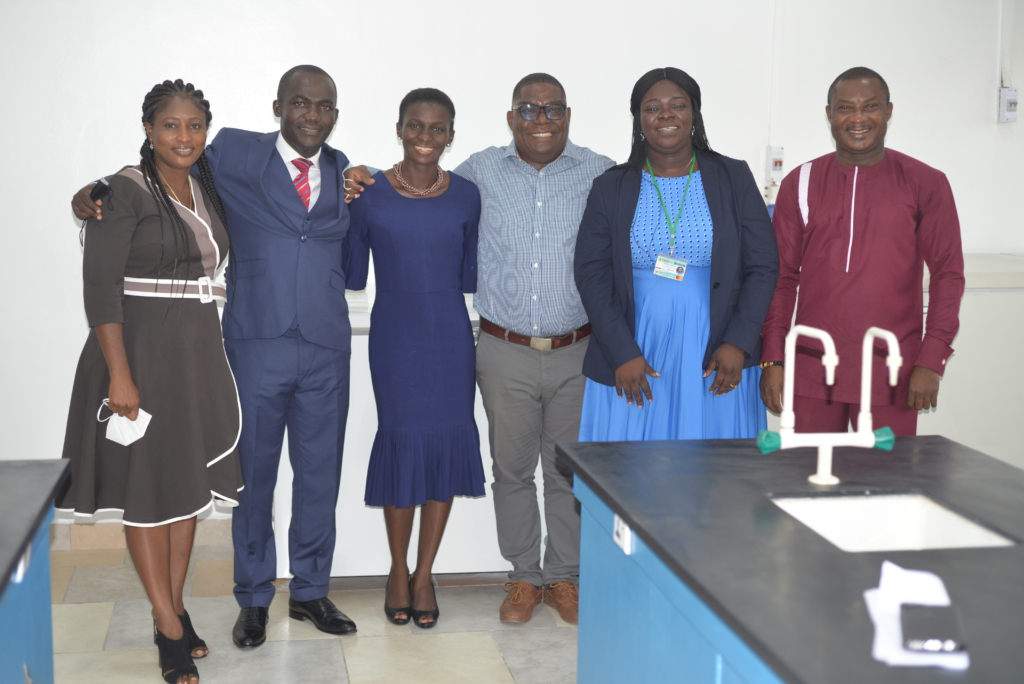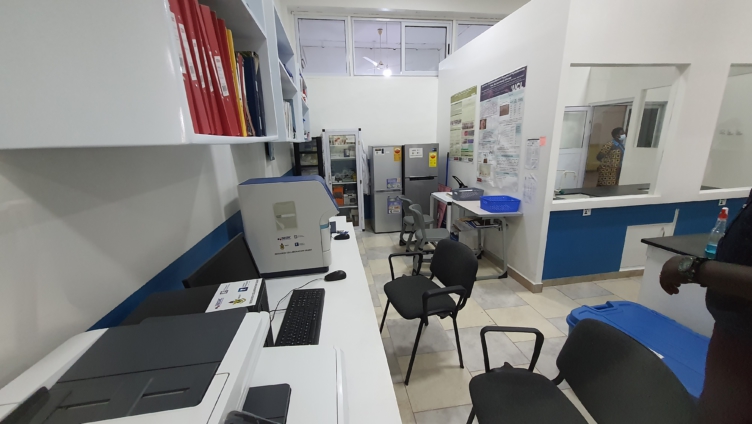Pharmacology education at the Kwame Nkrumah University of Science and Technology (KNUST) is receiving attention with the refurbishment of the Cell Culture laboratory.
This was provided by the Pharmacy Class of 2001 at the cost of 91,000 cedis to enhance research activities at the Faculty of Pharmacy and Pharmaceutical Sciences.
The Cell Culture Laboratory for Graduate Research and Molecular Pharmacology Studies was initiated by Prof. Charles Ansah and Prof. Eric Woode.
The duo won a TALIF grant worth USD 176,000 from the World Bank in 2008 to establish the Cell Culture Laboratory.
Equipment, including laminar flow, fluorimeter, western blotting equipment and consumables were subsequently acquired for the laboratory.

It came at a time when pharmacology research was moving towards cell culture rather than animal studies.
Even with animal studies, further mechanisms of action needed to be established using cell lines.
Acquisition of consumables, reagents and chemicals to sustain the laboratory have been a challenge over the years.
Thirteen years down the line, there was an urgent need to refurbish the laboratory.
The Pharmacy class of 2001, as part of their 20 years anniversary, decided to give back to their Alma Mata, the Faculty of Pharmacy and Pharmaceutical Sciences, KNUST by refurbishing the laboratory to bring it to international standards.
One of the leaders, Ernest Owusu Aboagye is excited at the opportunity to give back to the faculty.

“We got back and decided to give back to thank God for keeping us and to the faculty for the seeds they sowed in us,” he said.
Former Dean and Pro-Vice Chancellor, Rev. Prof. Charles Ansah is positive the lab will be vital for postgraduate education especially, the upcoming Masters and PhD programme in Toxicology.
Dean of the faculty, Prof. Berko Panyin Anto wants the government and the citizenry to invest in research infrastructure.
“For universities to be seen to be doing what they’re doing, in the area of research and teaching, and service to the community, then we need to have a look at infrastructure for research.
“Government, private individuals and industry can all help,” he said.
Latest Stories
-
CTVET Boss advocates for competency-based training for TVET institutions
27 seconds -
We welcome GH¢1 levy on petroleum products – IMF
21 minutes -
Your future is too bright to cheat – Asunafo North MP urges BECE candidates to choose integrity
1 hour -
Daily insight for CEOs: Governance Agility – Rethinking oversight for rapid change
1 hour -
You have 30 days or you’re out – Sam George warns radio stations after Mahama’s directive
2 hours -
Media shutdown: Our fight is not against free speech but impunity – Sam George
2 hours -
Richard Nyamah demands NPP NEC summon Freddie Blay over support for a Mahama ‘3rd Term’ bid
2 hours -
Asenso-Boakye leads Bantama Assembly Members to pay courtesy call on Kumasi Mayor
2 hours -
Cunha completes ‘dream’ £62.5m Man Utd move
2 hours -
GRNMA strike: Nurses, government progress in talks
2 hours -
Nursing and Midwifery unions urge GRNMA to end strike due to progress in conditions of service talks
2 hours -
FIFA celebrates One Year to Go until the FIFA World Cup 26
2 hours -
Mahama’s clemency for affected radio stations mere optics – Afenyo-Markin
2 hours -
GJA 2025 Elections: Full list of qualified candidates announced
3 hours -
Ghana Horticulture Expo 2025: Agriculture key to Ghana’s development – Mahama
3 hours

